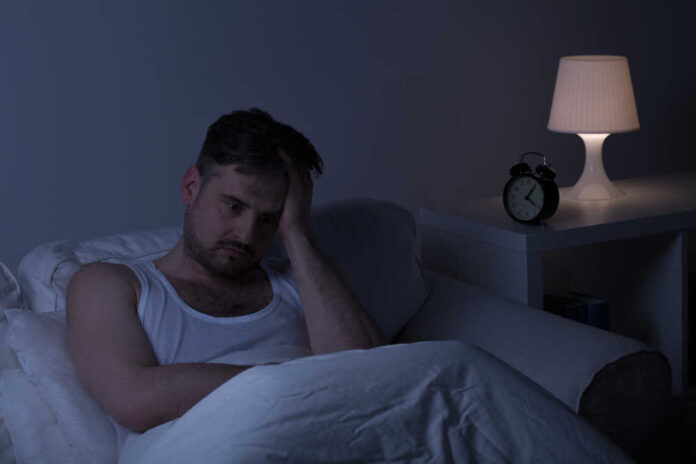
It can be very frustrating when you need help to get a good night’s sleep. You toss and turn all night, trying to get comfortable, but the harder you try, the less sleep you get.
Then, you’re tired and grumpy the next day, struggling to get through your day-to-day tasks.
While you might be able to push through the fatigue for a day or two, chronic sleep deprivation can have some serious consequences.
Insomnia
When you routinely struggle to fall asleep and stay asleep, it can take a serious toll on your health, both physically and mentally.
It can lead to problems with focus, concentration, and memory and make you more prone to accidents and injuries. It may also impact your immune system, leading you to be more susceptible to illness and less able to recover quickly.
Inadequate sleep can manifest chronic diseases, such as obesity, diabetes, hypertension, and heart disease. It can also worsen mental health conditions like anxiety and depression.
Insomnia can be caused by or connected to various factors, including stress, medications, changes in your sleep environment, and underlying health conditions. If you’re consistently missing out on the sleep you need, it’s important to talk to your doctor.
They can help you identify the cause of your insomnia and develop a treatment plan to help you get the rest you need.
Other Sleep Disorders
There are several other sleep disorders that can impact the quality and quantity of your sleep.
These include conditions like:
Sleep Apnea: Your breathing is interrupted during sleep, causing you to wake up multiple times throughout the night. You may wake up feeling out of breath, gasping for air, and still feel exhausted, even if you’ve slept for eight hours or more.
Restless Leg Syndrome: You have an uncontrollable urge to move your legs while trying to fall asleep. It may feel itchy, achy, throbbing, or even tingly like something is crawling on your skin.
Circadian Rhythm Sleep Disorder: This is when your natural sleep-wake cycle is out of sync with the day-night cycle. This may be related to night-shift work, jet lag, irregular meal times, too little sunlight exposure during the day, and too much light exposure at night.
If something is preventing you from getting a good night’s sleep, getting a checkup with your primary doctor will be helpful. They may refer you to a sleep specialist for further evaluation.
Tips For Better Sleep
You can usually do some simple things to help improve your sleep quality.
Here are a few tips:
● Make sure your bedroom is comfortable, dark, quiet, and cool.
● Establish a regular sleep schedule and stick to it.
● Avoid using electronic devices in bed or close to your sleep time. The light from screens can interfere with your body’s natural production of melatonin, which helps you fall asleep.
● Create a relaxing bedtime routine that you can do every night. This may include winding down for 30 minutes before bedtime with calming activities like reading or yoga.
● Avoid caffeine and alcohol before bedtime.
● Practice some stress-relieving techniques before bedtime. Deep breathing exercises or meditation can help promote relaxation and ease anxiety and tension.
If your difficulty sleeping is related to an underlying health condition, your doctor may recommend more specific treatment options involving medications or other therapies.






















